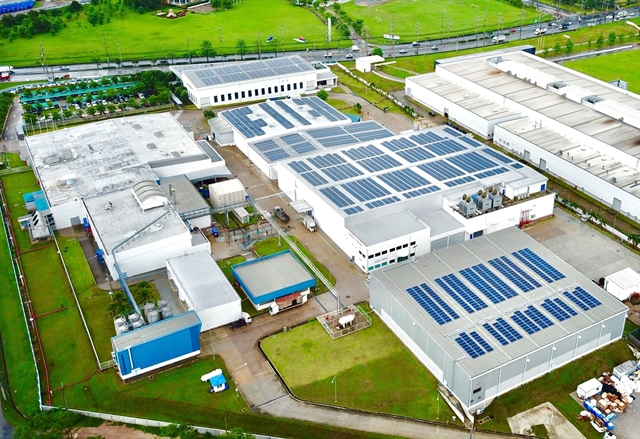Tetra Pak recognised with double ‘A’ score for global climate and forests stewardship
Tetra Pak is the only company in the carton packaging sector to be included in the CDP leadership band for five years in a row and to score an outstanding double ‘A’ for climate and forests in 2020.

Tetra Pak has been recognised for leadership in corporate sustainability by global environmental non-profit CDP, securing a place on its prestigious A List for tackling climate change as well as acting to protect forests – two of the three environmental themes covered by CDP.
Tetra Pak is the only company in the carton packaging sector to be included in the CDP leadership band for five years in a row and to score an outstanding double ‘A’ for climate and forests in 2020.
Tetra Pak is part of a very small number of companies (1 per cent) that achieved a double ‘A’ score, out of more than 5,800 companies that were scored based on data submitted through CDP’s questionnaires in 2020. Through significant demonstrable action on climate and deforestation risks, the company is leading on corporate environmental ambition, action and transparency worldwide.
“The recognition – a first in the carton packaging sector – is a result of our continuous efforts to reduce GHG emissions and meet ambitious climate targets, to take action in protecting and enhancing biodiversity and to strengthen responsible sourcing of raw materials. Earlier this year, we set an ambition for net zero emissions across the value chain by 2050, supported by a 2030 target of net zero emissions in our own operations,” said Markus Pfanner, Vice President Sustainability, Tetra Pak.
“This is another key step in our journey towards the ultimate sustainable food package, fully made from renewable or recycled materials. The ultimate sustainable food package is convenient and safe, enabling a resilient food system and is fully recyclable and carbon-neutral,” added Pfanner.
CDP’s annual environmental disclosure and scoring process is widely recognised as the gold standard of corporate environmental transparency. In 2020, over 515 investors with over US$106 trillion in assets and more than 150 major purchasers with $4 trillion in procurement spend requested companies to disclose data on environmental impacts, risks and opportunities through CDP’s platform.
CDP’s scoring for forests is conducted through the lens of the four commodities that cause most deforestation: timber products, cattle products, soy and palm oil. Companies need to score an ‘A’ on at least one of these forest-risk commodities to earn a place on the Forests A List. — VNS





